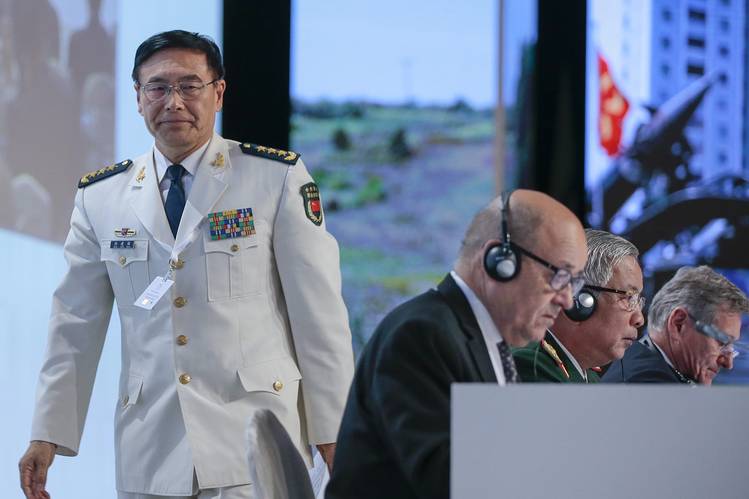
In this virtual roundtable of six podcasts hosted by Professor Sarwar Kashmeri, the Foreign Policy Association aims to shed some light and serve as a catalyst for developing awareness, understanding and informed opinions on the key issues that face American policymakers as they seek to peer over the horizon to manage the U.S.-China relations.
In the third installment of the virtual roundtable, Bonnie Glaser, senior adviser for Asia and the director of the China Power Project at CSIS, discusses the military and national security dimension of the U.S.-China relations, focusing on the 2016 Shangri-La Dialogue.
When asked for her takeaway of the latest Shangri-La Dialogue, a forum of Asia-Pacific’s defense ministers aimed at building confidence and fostering practical security cooperation, she responded: “This is the 8th Shangri-La Dialogue that I have attended and I often find that the headliners, not surprisingly, focus on the tensions between the United States and China, and that is particularly true in recent years with Chinese activity in the South China Sea.”
On the participation of the Chinese delegation at the Dialogue, Glaser explained: “Chinese participation is only lacking at the highest level. They have only sent their defense minister once in 2007. […] However, there is usually a Chinese at every single panel, they are very well prepared in the plenary sessions, they ask questions, they engage on the margins with attendees. The Chinese official delegation has a very large number of individual sessions with delegations of other countries. So they really do use that opportunity to engage with countries on security issues.”